
Recommendation
This book’s short length is a double-edged sword. On the one hand, neuroscientist Margaret M. Polski’s brevity and clarity make the book an accessible overview of how contemporary cognitive science views thinking and decision making. On the other hand, it is so brief that Polski leapfrogs through a great deal of material very quickly. Some readers may seek a more fully developed explanation of how economic events – like the power struggles between energy producers and energy consumers – relate to research in neuroscience. Issues such as how rationality affects cultural systems like liberal democracy deserve more attention. This lack of connective tissue makes this slender volume pretty episodic, but it also is rich with illustrations drawn from sources ranging from contemporary politics to the classic comedy of Monty Python. The result is enjoyable and useful, if a bit disjointed. getAbstract recommends Polski’s book to strategists who are planning for times ahead, to leaders who seek to understand their organizations, and to people who want to understand themselves.
Summary
About the Author
Margaret M. Polski, PhD, is an Affiliate Fellow at George Mason University’s Center for Neuroeconomics.







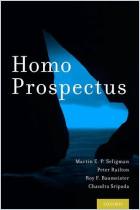
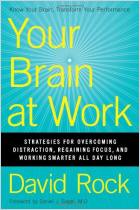
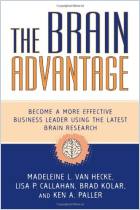
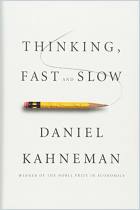

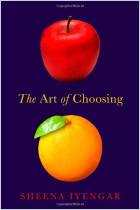


Comment on this summary or Start Discussion